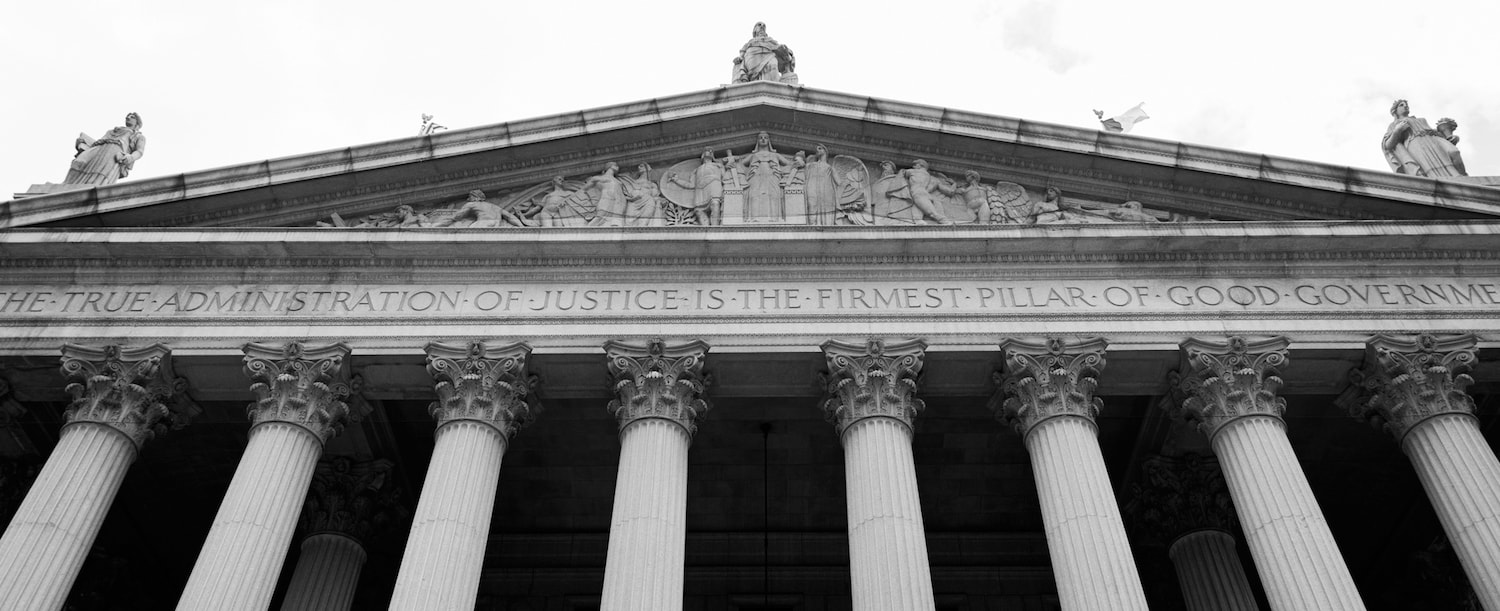
Although the incident occurred well over 20 years ago, controversy still surrounds the now infamous injury - and subsequent lawsuit - that was suffered when a 79-year-old woman was burned after hot coffee from McDonald's was spilled into her lap while in her car.
Sadly, many of the details surrounding this notorious case are largely misunderstood by much of the public. For instance, while the victim in this case was largely portrayed in the media as foolish since she should have known better than to drive while handling hot coffee, many people may be surprised to discover that the victim was actually parked at the time of the accident - an accident that ultimately caused third-degree burns to her body.
Interestingly, the lasting legacy of this case is also mostly lost on the public at large. In the years since this important lawsuit, the restaurant and coffee industries have made great strides in making their products - and the containers they come in - much safer for their customers.
Without this particular lawsuit, McDonald's may have never addressed the issue of unsafe coffee. For example, the jury only awarded the $2.9 million verdict against McDonald's - an amount that was eventually reduced to only $500,000 - after they heard evidence of the restaurant chain's willful disregard for several other similar burn accidents. In the end, it is quite likely that this lawsuit resulted in countless people being spared the pain and injury that scalding coffee can cause.
However, even though many restaurants have made efforts to make their products safer for customers, restaurant injuries - including burns from food and liquids - still occur more often than patrons would like.
Indeed, one New York case, Huppe v. Twenty-First Century Restaurants, determined that a hot beverage served by a restaurant can be considered a "defective product" if it is too hot and injures a customer. But, the case also made note that the restaurant can only be liable if the beverage that causes the injury is so hot "that is exceed[s] reasonable or customary standards."
Additionally, courts have also imposed liability on restaurants when an employee, such as a waiter, negligently spills hot food or beverages on customers. In these instances, courts are more likely to find negligence when an employee places the hot item in an unsafe location or actually spills the item on the customer while holding it.
Importantly, as with any negligence action, the facts of the case are paramount. Consequently, it is vital to speak with an experienced personal injury attorney if you have suffered burns while purchasing food or beverages at restaurant. A skilled attorney can sort through the circumstances of your injury and help determine who may be liable for your injuries.
122 East 42nd Street, 39th Floor
New York, NY 10168
As one of the country’s pre-eminent personal injury law firms, Smiley & Smiley LLP has recovered hundreds of millions of dollars in combined compensation for clients since its founding more than 55 years ago.
© Smiley & Smiley, LLP All Rights Reserved.